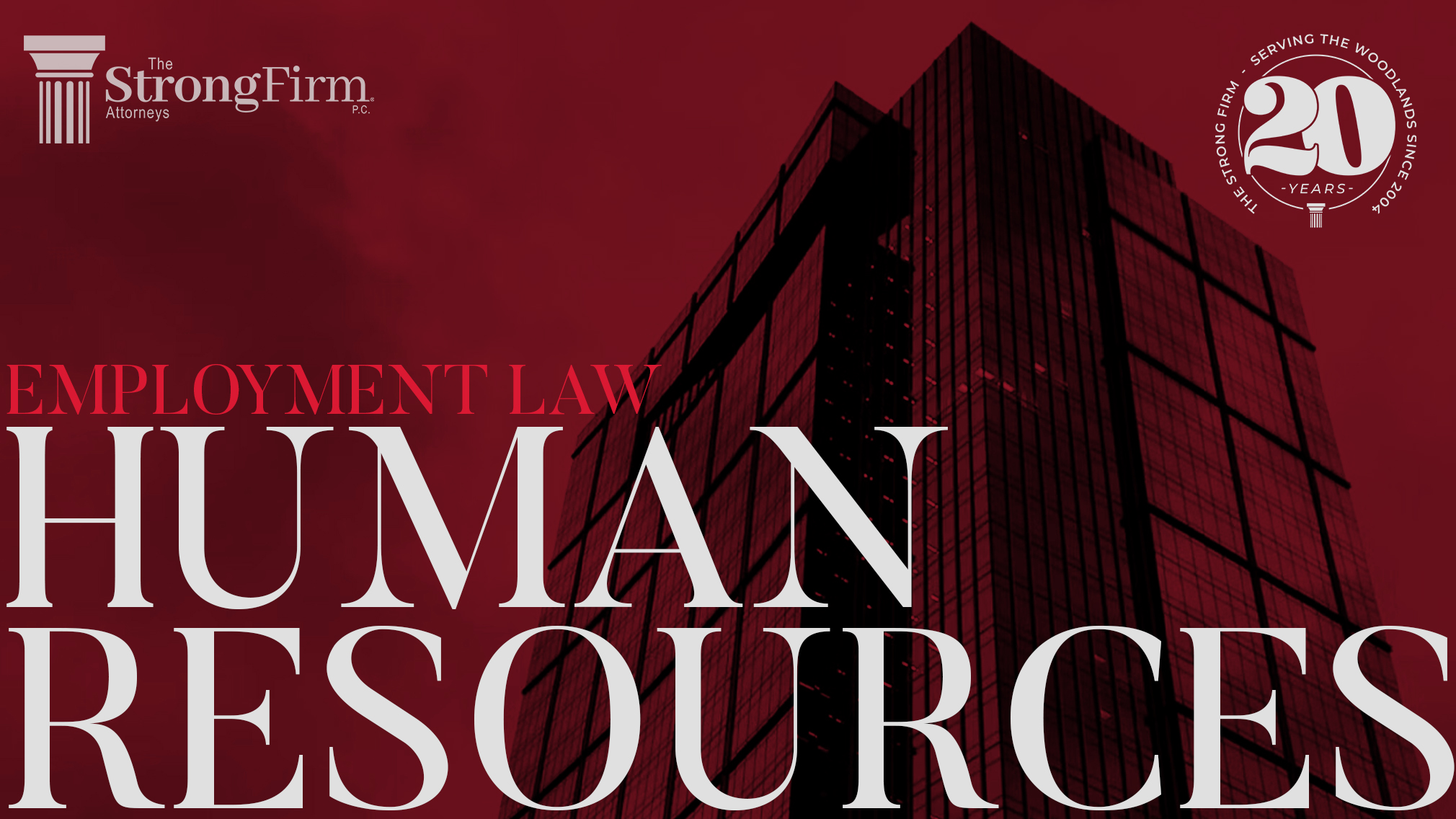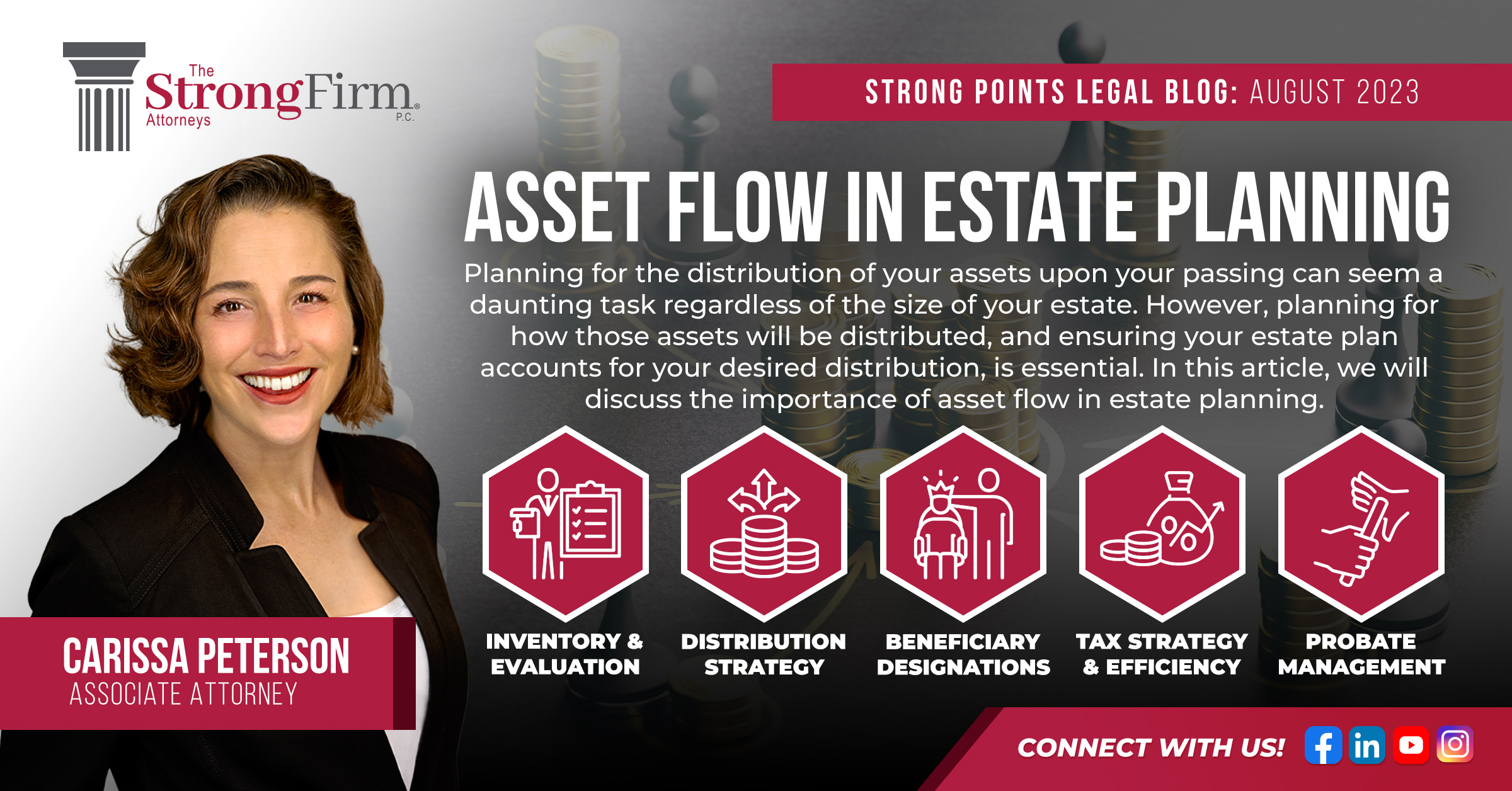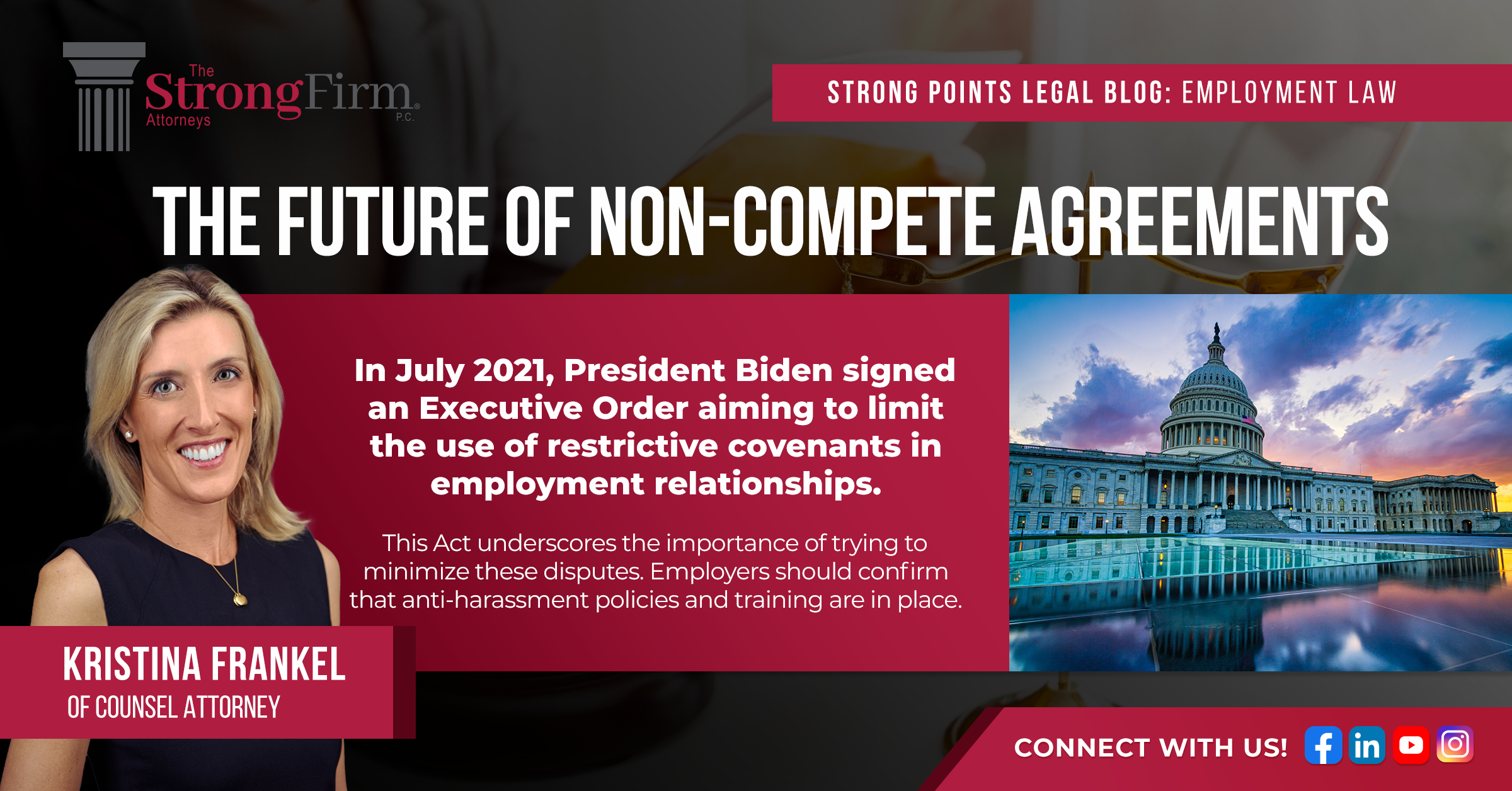Broker dealers may make investment recommendations to investors only if the broker dealer first determines that the recommended investment would be suitable for the investor. Suitability depends upon the investor’s tolerance for risk, other investments, income, net worth, financial requirements, and investment objectives.
Self-regulatory organizations, including the New York and American Stock Exchanges and Nasdaq, publish and enforce suitability rules to guide dealing with investors. For example, Nasdaq has taken enforcement actions against brokers for recommending to their customers that they should refinance their mortgages and invest cash-out proceeds with the expectation that investment returns could be the source of mortgage payments.
Nasdaq Rule 2310 governs suitability requirements for broker dealers that are members of Nasdaq. Rule 2310(a) provides:
In recommending to a customer the purchase, sale or exchange of any security, a member shall have reasonable grounds for believing that the recommendation is suitable for such customer upon the basis of the facts, if any, disclosed by such customer as to his other security holdings and as to his financial situation and needs.
Rule 2310 also provides that for any investment other than a money market fund, a Nasdaq member may not execute a trade in an investment recommended by the member unless the member first has made “reasonable efforts” to determine:
(1) the customer’s financial status;
(2) the customer’s tax status;
(3) the customer’s investment objectives; and
(4) such other information used or considered to be reasonable by such member or registered representative in making recommendations to the customer.
Nasdaq has made clear in an interpretation of Rule 2310 that the “customer” referred to in Rule 2310(a) includes institutions as well as individual investors. According to Nasdaq IM-2310-3, a suitability determination for an institutional investor must consider the investor’s ability to exercise independent business judgment in evaluating an investment recommendation. IM-2310-3 concludes that “[w]here the broker-dealer has reasonable grounds for concluding that the institutional customer is making independent investment decisions and is capable of independently evaluating investment risk, then a member’s obligation to determine that a recommendation is suitable for a particular customer is fulfilled.”
Copyright 2012 LexisNexis, a division of Reed Elsevier Inc.




























